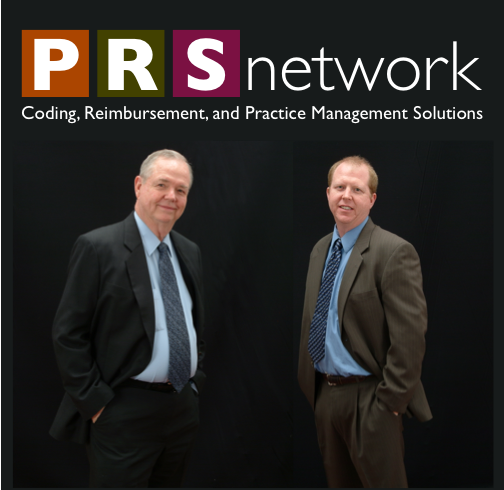Q
I performed a cystoscopy with evacuation of clots and the fulguration of a bleeder in my office 1 week after a patient had a transurethral resection of the prostate. I billed Medicare for code 52001 using the –78 modifier. I was denied payment with a note that the procedure was performed in the global period of another procedure. I was under the impression that a –78 modifier was to be used for procedures that were complications of another procedure in the postoperative period. If that is not the correct modifier, what modifiers should I use?
A
The –78 modifier reads, “Unplanned return to the operating/procedure room by the same physician following initial procedure for a related procedure during the postoperative period. It may be necessary to indicate that another procedure was performed during the postoperative period of the initial procedure (unplanned procedure following initial procedure). When this procedure is related to the first and requires the use of an operating or procedure room, it may be reported by adding modifier –78 to the Complication or related procedure.”
Medicare indicates that the global payment for any procedure includes (meaning it will not pay for) “Complications following surgery—all additional medical or surgical services required of the surgeon during the postoperative period of the surgery because of complications that do not require additional trips to the operating room.”
Medicare will pay for services provided in the postoperative period if the services fall under these rules: “Treatment for postoperative complications that requires a return trip to the operating room (OR). An OR for this purpose is defined as a place of service specifically equipped and staffed for the sole purpose of performing procedures. The term includes a cardiac catheterization suite, a laser suite, and an endoscopy suite. It does not include a patient’s room, a minor treatment room, a recovery room, or an intensive care unit (unless the patient’s condition was so critical there would be insufficient time for transportation to an OR).”
With these rules, Medicare has blocked payment for a complication or related procedure performed in the office during the global of the primary procedure.
However, if you are providing the service in the office in a dedicated endoscopy suite, there is a chance that you can bill for the service using the –78 modifier and receive payment, since we do not find a place of service restriction on its use. If denied, an appeal with appropriate documentation might result in payment; however, repeated appeals may not result in payment.
Based on the Current Procedural Technology (CPT) definition of the modifier –78, we have confirmed that some private payers do not have a place of service restriction on payment for complications treated in an OR or procedures room. Therefore, in the private sector, we would definitely recommend billing using the –78 modifier for a complication or related service provided in a dedicated endoscopy suite. We are checking for further clarification on the intent of the Medicare payment rule; stay tuned.
Q
Can you bill more than one unit for CPT 52327 (Cystourethroscopy with subureteric injection of implant material) when you are injecting more than one syringe? I know you can bill the number of units of the medication given, but I need to know about the procedure itself and whether it can be billed one unit for each syringe injected.
A
Unfortunately, you can only bill the CPT procedural code, 52327 (Cystourethroscopy [including ureteral catheterization] with subureteric injection of implant material) once for each patient encounter. We can certainly understand why you asked the question, since the definition does not state injection or injections. However, it does not define the amount of implant material. Also, payment was based on the entire procedure and not just a single syringe of implant material.
Urologist Ray Painter, MD, is president of Physician Reimbursement Systems, Inc., in Denver and is also publisher of Urology Coding and Reimbursement Sourcebook.
Mark Painter is CEO of PRSUrology SC in Denver.



